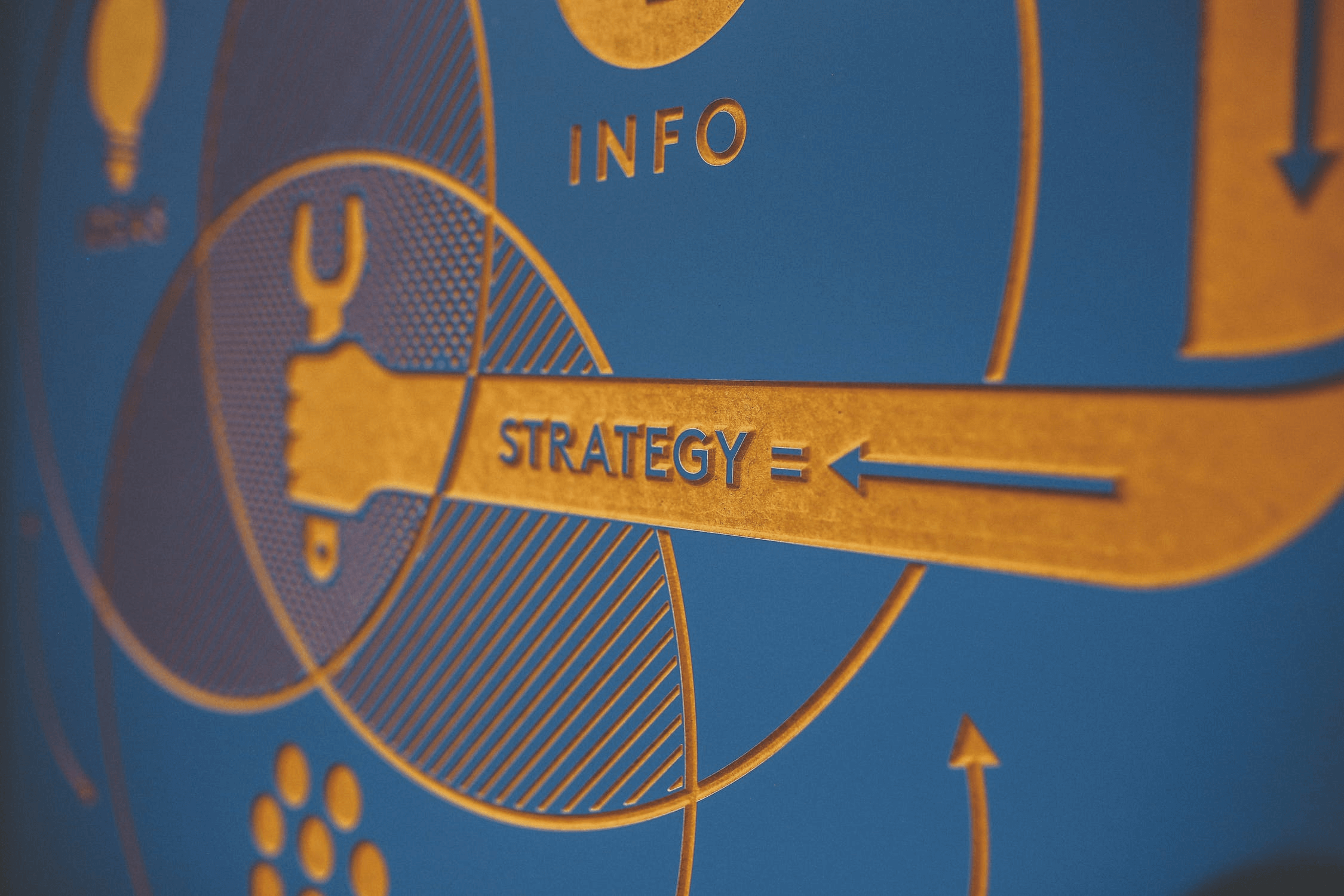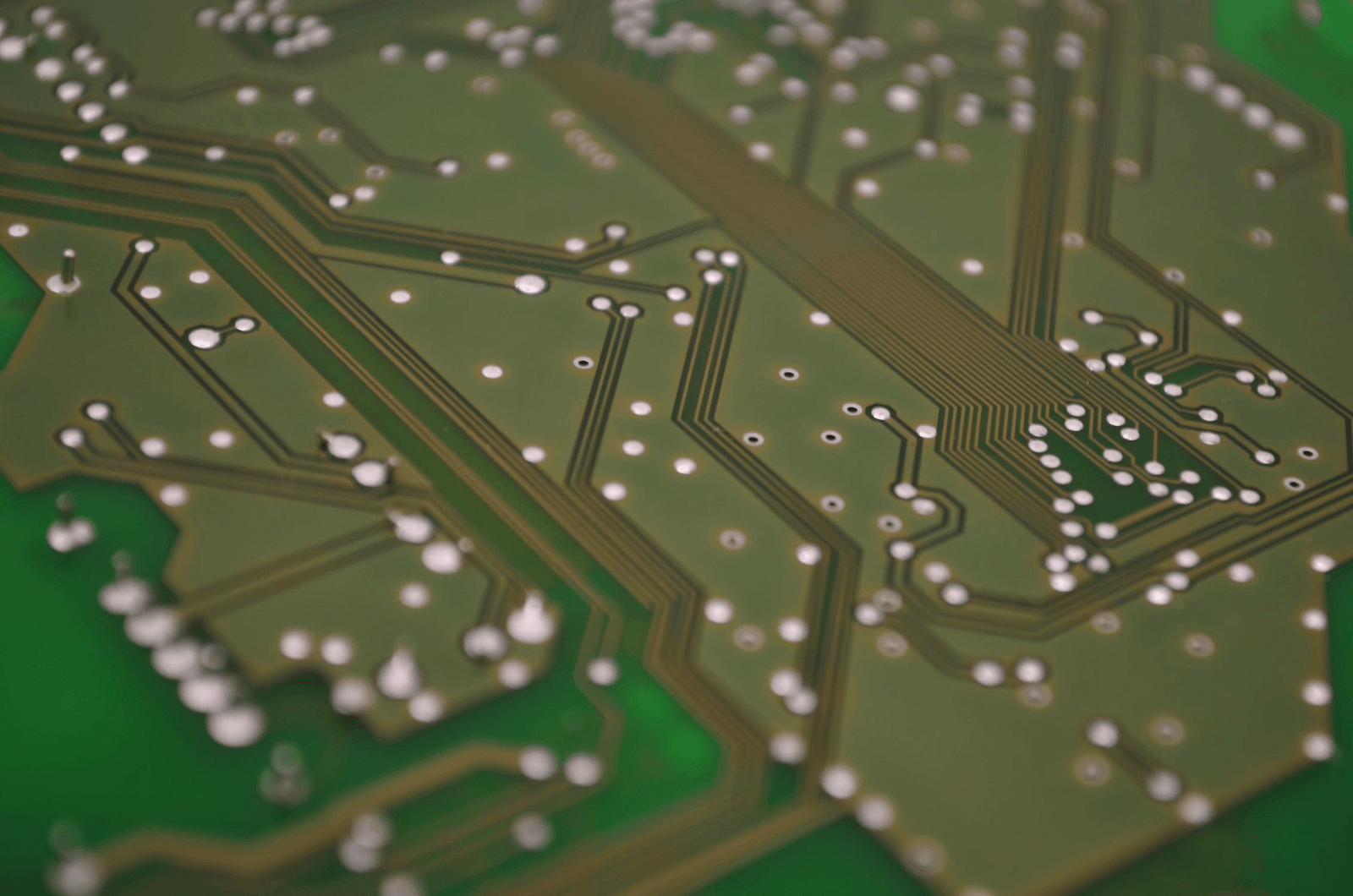People frequently use the term ‘automation’ and ‘artificial intelligence’ interchangeably. They are often seen as short hands for machine and robots, whether it is designed to put car pieces together or to set off an alarm in case of a fire emergency.
However, there’s a huge difference between the AI Marketing vs Marketing Automation

Think of it along these lines –
Artificial Intelligence is supposed to imitate human thinking’’
In one of the surveys based on AI, Arm – the technology manufacturer stated that ‘’one-fourth Siri users are unaware that their phone’s personal assistant is powered by AI. And, the awareness regarding the fact that AI-style technology is a huge driver behind other apps such as Facebook and Twitter is even lower.
Automation

Photo courtesy of https://todaytesting.com
We are flooded with automated software. Thanks to them, businesses no longer need to copy and paste millions of emails to their customers. It’s how you get notifications on your phone’s applications.
So basically one big factor that separates automated software from AI is that they are manually configured. It’s basically one way of saying that you have to manually feed the instructions depending on how you want the system to work based on workflows.
Artificial Intelligence
Many people resemble artificial intelligence, to the Terminator movie where robots are trying to destroy life on earth. Well, that’s just one of the depictions of AI, but it’s not entirely true. Yes, the destroyers are super smart machines with the ability to think for themselves.
And, that’s the essence of artificial intelligence – to create machines that can mimic the way human mind thinks.
Like humans, AI imperatively follows the orders blindly. It’s intendly instead designed to recognize certain patterns from past experiences (pretty much like humans), and create the most appropriate responses depending on the situation. The whole thing goes with how human mind works.
Here’s how Deloitte explains the utility of this technology in one of its surveys –
‘’When presented with a pool of information related to credit card transactions like date, time, merchant location, price, and whether or not the transaction with legit, machine learning systems can lock down certain patterns and predict fraudulent activities. The more transactions information it is fed, the better it becomes at predicting situations before they happen.’’
Let’s now summarize the four main differences between AI-based marketing and automated marketing.
In terms of what they offer
Marketing Automation – This type of marketing is based on the automation process. It basically hand you over certain rules that create segments of an audience. Based on those segments, you can create separate campaigns, reporting, and data consolidation.
AI-based Marketing – This is basically intelligence automation. These real-time learning systems run on sophisticated algorithms. This makes sure that every single content piece is machine created. Although it mimics the ‘hand’ which is designed for different customers. Therefore, the results of this type of marketing are highly accurate down to the individual level when it comes to marketing campaigns.
In terms of Value Additions
Marketing Automation – There’s the ease of deploying the campaigns. It also equips marketers/merchandisers to change their rules quickly based on the results of the A/B testing formed around new trends, product ranges, and the target audience.

AI Marketing – This is supposed to improve the efficacy of the campaigns. Embedded with deep learning algorithms, it allows merchandisers/marketers to spot hidden patterns and then use those in real time to target individuals by introducing them to relevant and personalized services/products and communications.
In Terms of Targeting
Marketing Automation – This type of marketing is entirely based on rules. You feed those rules based on defined segments to run the target campaigns.
AI-based Marketing – This type of marketing tends to break the rules. It goes with one-on-one targeting which is dictated by machine learning. It takes into account all the historical data kept and processed by the program.
In Terms of Benefits
Marketing Automation – Automated marketing promise speed. This is one of the greatest benefits of marketing automation. You can create huge segments which are governed by a defined set of rules. This is why it promises speed in campaigns.
AI Marketing – This marketing promise accuracy. Since the algorithms are always evolving and locking-in new patterns, it gives enhanced accuracy of the targeted audience and the result is higher take-ups.
Final Thoughts: –
Undoubtedly, Automated Marketing makes it easier to manage and run campaigns. It comes with the fair share of shortcomings, automated marketing definitely makes it easy to begin and execute several campaigns simultaneously.
AI marketing on the other hand promises higher accuracy of every single campaign. This is surely a front-runner if you talk about the technology wave currently hovering over the marketing landscape. It won’t be suprising, sooner or later if, these algorithms could prove to be a strong backbone of e-commerce based communications.